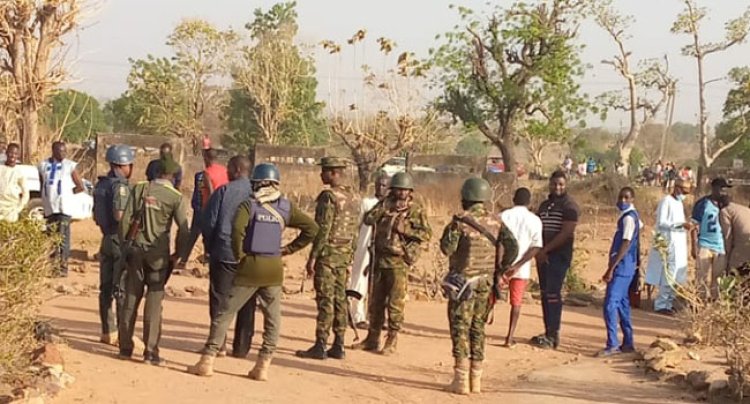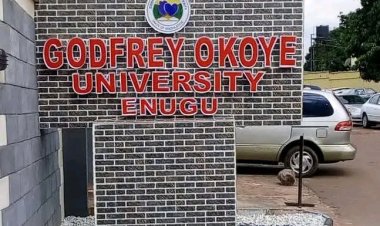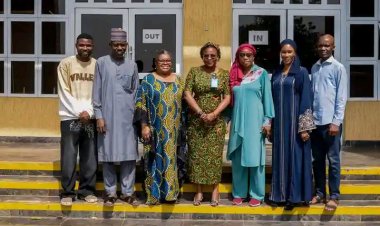Over 1,400 Students abducted and at least ten attacks on schools between 2020 and 2021 - GCPEA

A report by Global Coalition to Protect Education from Attack (GCPEA), has indicated that more than 1,400 school students were abducted, and at least ten attacks on schools between 2020 and 2021.
Also, at least 21 reported incidents of attacks on school students, teachers, and other education personnel with 1,850 students and educators injured, abducted, or killed within the period under review.
Senior Policy and Strategy Adviser at GCPEA, Abiola Sanusi, made this known on Friday during her presentation at the commemoration of the 2022 International Day to Protect Education from Attack (IDPEA), held in Abuja.
She spoke on “Implementing the School Safety Policy as a Tool to Protect Education from Attack: Our Collective Responsibility” where she also revealed that Nigeria faces a learning crisis which is compounded by violent attacks on education, leading to the damage or destruction of educational facilities and the abductions of learners and education personnel.

Sanusi, further stated that for more than a decade, Nigeria has remained one of the top countries with the highest number of out-of-school children and youth.
According to her, the education crisis is being fuelled by terrorism in the north, incessant sit-at-home orders and attacks on non-compliant residents in the southeast, and insecurity across the country.
Minister of Education, Malam Adamu Adamu whose speech was read at the event by the Permanent Secretary, Mr David Adejo, reaffirmed that government has the primary responsibility to provide protection and ensure inclusive and equitable quality education at all levels for all learners, especially those in vulnerable situations.
Adamu noted that the Nigerian Government is not unmindful of the foregoing fact. To this effect, the Education in Emergencies Working Group Nigeria (EiEWG Nigeria) was established in 2012 with the distinct purpose of coordinating education response in the northeast states affected by the insurgency.
The Minister said the essence of the celebration was to raise awareness on the myriad of issues confronting the education system and draw attention to the need to promote the right to education, protect education against insecurity, emergency and humanitarian
situations and strengthen efforts and increase funding, to encourage a safe and protective environment in areas of humanitarian emergencies among others.
He said: “As you are aware, Education is one of the most important investments a country can make for its future in view of its potential in bringing about change in every aspect of development as well as driving long-term economic growth.
“The benefits of education are too many to individuals and to society. The success of each of the seventeen (17) Sustainable Development Goals depends on education. An educated society is healthier and has higher rates of economic stability, lower crime rates, better civic involvement and greater equality.
“Unfortunately, all over the world, education has been under threat. According to Global Coalition to Protect Education from Attack (GCPEA), between 2015 and 2019 over 93 countries in the world have witnessed at least one form of attack on education.
“Nigeria is not spared of this menace. The incessant attacks on the country’s education system meted out in the forms of kidnapping, abduction of pupils/students, banditry, increased activities of insurgence and general insecurity in our schools have exacerbated the many factors responsible for the growing number of Out-of-School Children (OoSC).
“As we know, Out of School Children are easy targets of abuse, exploitation and recruitment by armed bandits and groups. Education can be a lifesaver and schools should be able to provide a safe space where children can be protected from threats and crises. Ideally, schools, universities and educational institutions should always be safe havens to foster peace and development.
“However, in recent times the country has witnessed an increased number of abductions which led to the abrupt closure of schools in some parts of the country.
“It is disheartening to note that the situation has instilled fear in every stakeholder. In case of abduction, even when the abductees have been released, the trauma of the incidence remains indelible in their minds making schooling unattractive,” he said.





